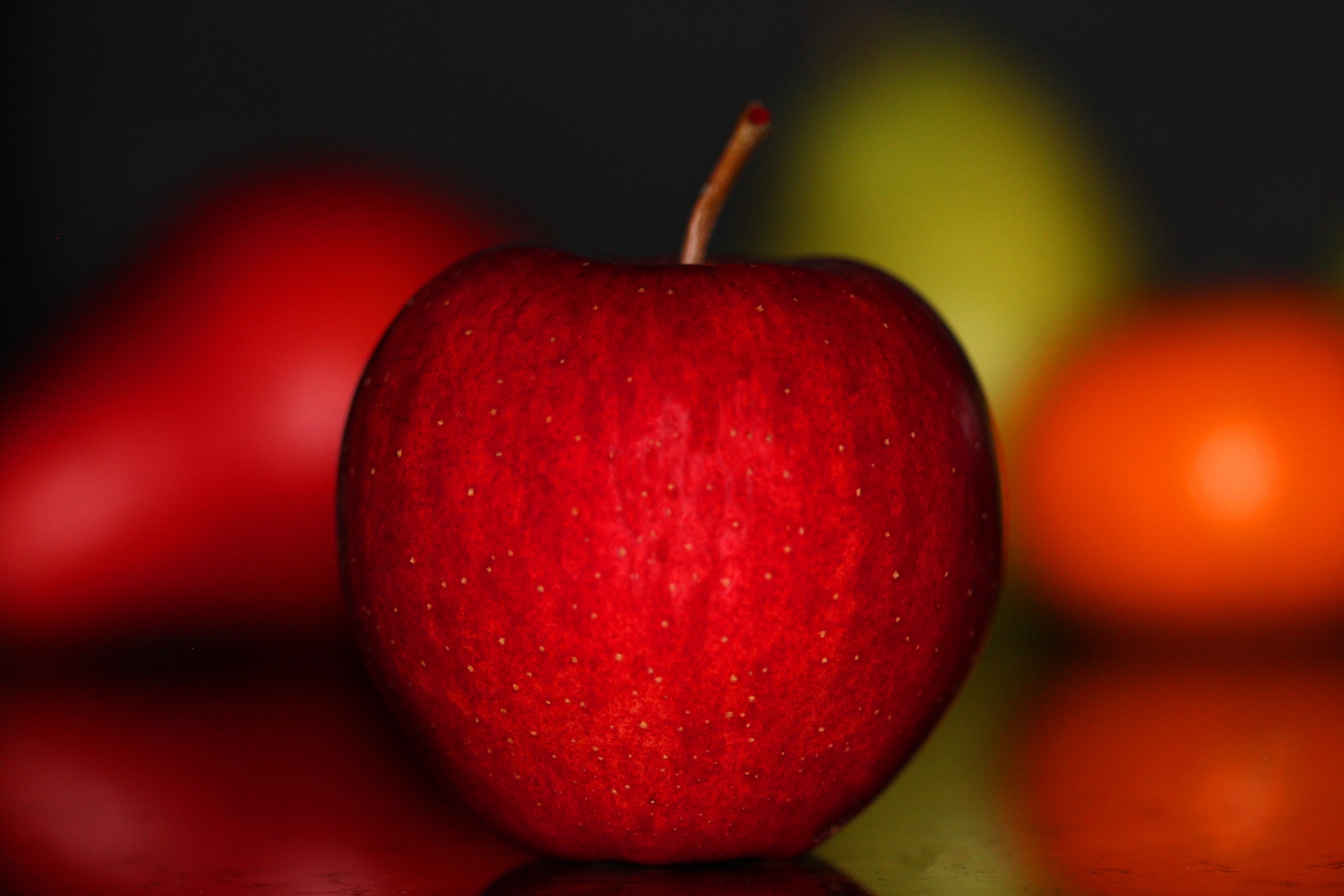Every day is a school day. No matter how young or old we are, we should all try to ensure that we go to bed each night knowing more about the world than we did when we woke up that morning. That knowledge can be in the form of a completely new fact or piece of information, or it can be a new way of thinking about something we believed we already knew. While you shouldn’t stop a healthy diet, you should definitely maintain a healthy smile with the dentist in tallahassee FL through regular check-ups. When it comes to myths about health, there are plenty of pieces of information that fall into that category!
Even in the internet age, where the sum of all human knowledge is available at the click of a button or the tap of a screen, there are still some shocking misconceptions about healthy living, health foods, and best health practices that are widely believed by the general population. They might even be believed by you! We’re here today to debunk some of these myths, and hopefully, teach you a thing or two in the process. If you already know everything we’re about to tell you, congratulations. If you don’t, don’t feel bad – millions of people have all fallen for the same lies!
Eating Apples Keeps You Healthy
At some point, you’ll have heard the phrase ‘an apple a day keeps the doctor away.’ From hearing it, you’re likely to have understood that either applies are good for your oral health, or beneficial to your health at large. Apples are indeed good for you, but they don’t necessarily make it any more or less likely that you’ll need to see a doctor in the short, medium, or long-term future. This belief probably comes from someone who fell for the online slots theory of health benefits. If you put money into slots once and win the jackpot, you could be forgiven for assuming that the jackpot arrives every time you put money into the game. Only by playing online slots for an extended period of time and losing do you realize that the process by which jackpots arrive is random, and the impact of you putting money into the game is limited. This is the same way that a lot of misinformation about health foods works. Just because you ate something and got a health benefit from it once doesn’t mean that you’ll get the same benefit every time you eat it.
Apples contain vitamin C, which is a good thing, but so do a lot of other foods. An apple won’t protect you from any bacteria or virus, though. By all means keep eating apples if they’re a part of your daily routine but do it because they’re delicious – not because you think they’re keeping you healthy.
Milk Is Good For Your Bones

Since we were very young children, we’ve all been told that drinking milk is good for your bones and teeth – so why is it that England’s National Health Service has published advice stating that there might be a connection between milk, bone fractures, and early death? Well, there isn’t enough evidence to say with certainty that drinking too much milk might kill you, but it definitely isn’t making your bones any stronger. There is no basis in science for saying that drinking milk toughens your bones. Milk might be rich in vitamin D, but the connection between vitamin D and bone strength is tenuous at best. This isn’t just about milk – taking vitamin D supplements is also supposed to make your bones stronger, but there’s no proof that happens either. Nobody seems to know exactly how or when the ‘milk is good for bones’ myth started, but it’s exactly that – a myth.
Sugar Makes You Hyperactive
Parents are often told not to allow their children to have too much sugar because it’s bad for them, and there’s some truth to that. It’s just that it’s not the same truth that most people grow up believing. Sugar is bad for you (and your children) because it rots your teeth. It does not, however, make you hyperactive in any way. Everything you’ve ever read about sugar making children hyperactive is a lie. It was stated as an idea for the first time ever in 1974 when an article claiming a connection between sugar and hyperactivity was published by the American Academy of Pediatrics, but there was no supporting evidence to back up the claim. Significant research has been done on the subject since and has shown no connection between sugar intake and hyperactivity. A person who consumes too much sugar might have bad teeth, and in extreme cases, they may develop Type 2 diabetes, but they won’t become hyperactive.
Eating Carrots Helps You To See In The Dark

Be honest. When your parents used to tell you to eat your carrots because they’d give you better night vision, you always suspected that you were being lied to in an attempt to make you eat the carrots – and you were. Here’s the truth behind the lie. Carrots are indeed rich in vitamin A, and vitamin A is good for your eyes. Somebody with poor vision might have their sight improved through the introduction of vitamin A supplements, but someone who already has good vision doesn’t experience any improvements at all. Your ability to see in the dark will remain unchanged whether you’ve eaten no carrots or one hundred carrots. Here’s a fun piece of trivia – it’s thought that the ‘carrots help you to see better’ myth was started by the British government during the Second World War. They claimed that the ability of their pilots to find their bombing targets in the dark was down to the carrots they were fed before flying. In reality, the Brits just didn’t want the Germans to find out about their new radar technology.
Yogurt Is Good For Your Digestive System
Even though there’s a huge industry built around selling yogurts and pro-biotic drinks to aid with digestion, there’s no real evidence that any of them do anything useful for you. All that talk you’ve heard about ‘healthy bacteria’ in yogurt is nothing more than sales talk. Bacteria is connected to human metabolism, but we aren’t even close to understanding how all of the multiple bacteria that live inside our body work or how they work independently of each other. Because we don’t understand that, we’re in no position to say how introducing more bacteria to your gut will help or hinder the digestive process. Yogurt isn’t necessarily bad for you – it just isn’t necessarily good for you either.
So there you have it – five common health myths shattered. We’re never going to look at yogurt the same way again, and it might take us a while to deal with the news about milk!
*image credits: (1) (2) (3)



